Creating Restorative Schools: Setting Schools Up to Succeed
Making the Shift to a Restorative Model
Creating Restorative Schools is based on Martha Brown’s study of two middle schools in the Oakland Unified School District that are making the shift to a restorative model. The book maps the route from school cultures of zero tolerance to those cultivating healthy and vibrant relational ecologies at all levels. Addressing the potential pitfalls of implementing such a deep change in school culture, Martha shows us how nurturing relationships build the capacity to make the shift and negotiate the challenges. Restorative schools emerge as places where people want to be—where teachers want to teach and students want to learn.
Buy the book, and be sure to request your free CRS Reflection Guide via the form below.
What Is Restorative Justice?
Restorative Values
How Is Restorative Justice in Education Different?
Restorative Processes in Schools
Building a Restorative Community Base
For Schools and Districts Making the Shift
Actions for Policy Makers
Putting RJE into Teacher and Leader Education Programs
And more

